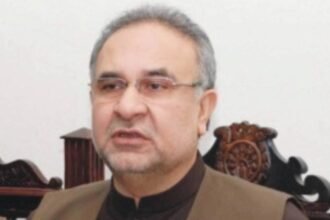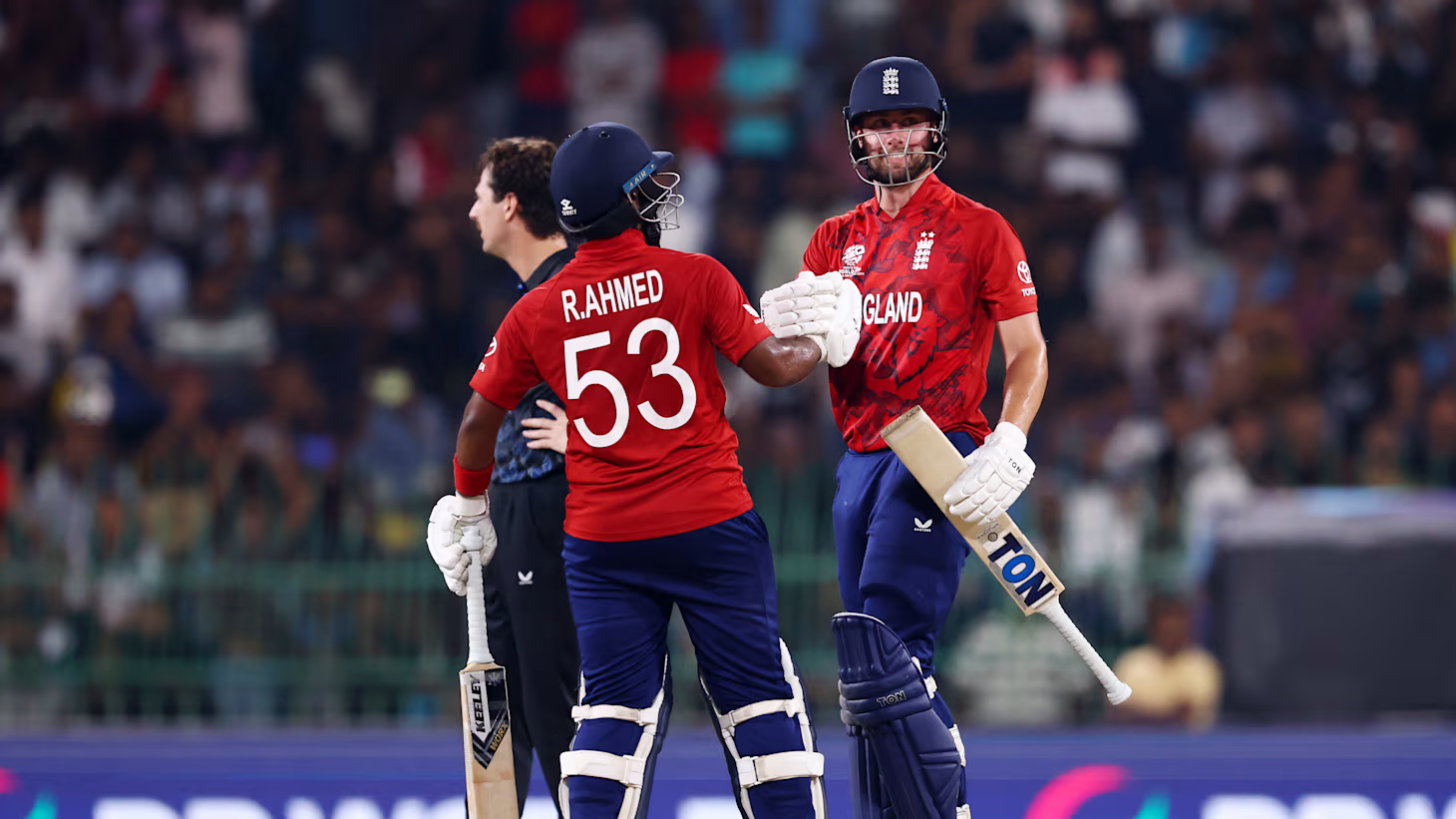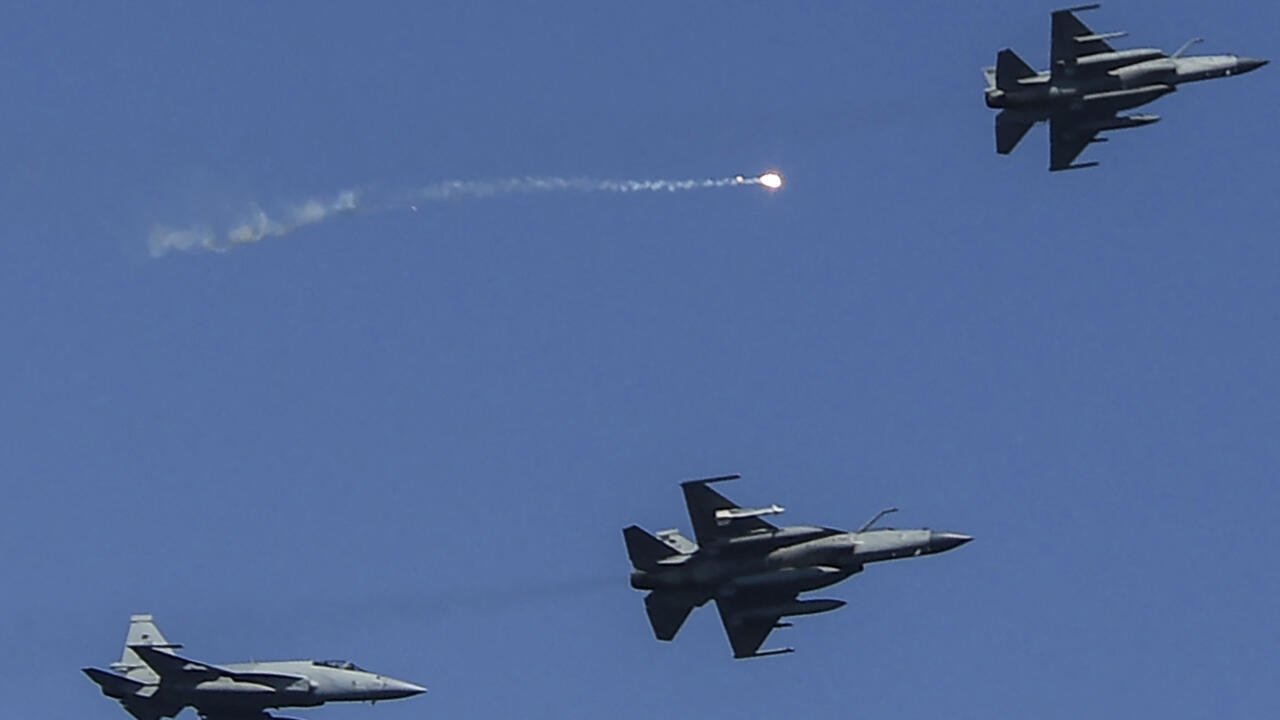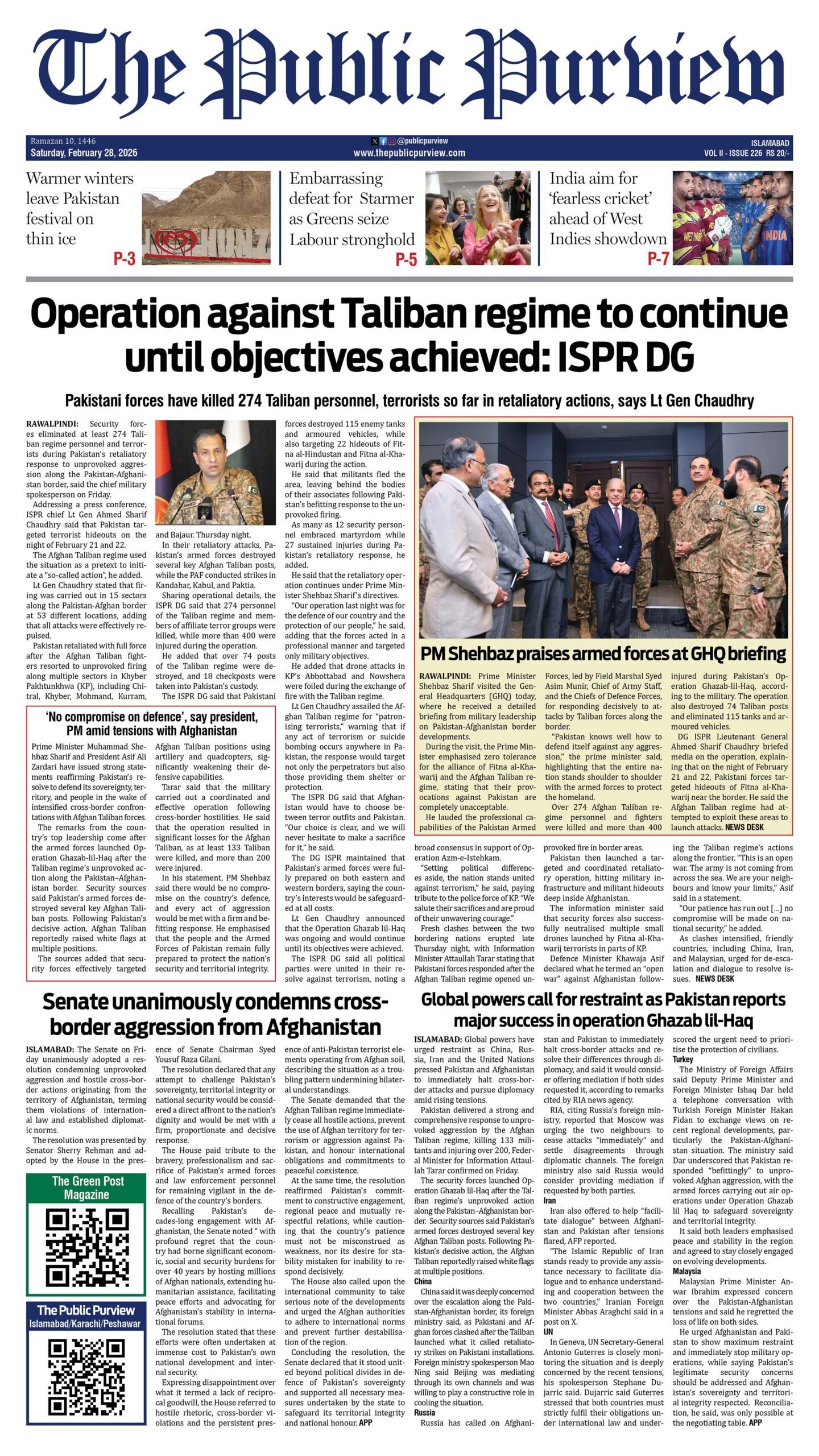RIO DE JANEIRO: Brazilians go to the polls on Sunday to elect mayors and councilors in more than 5,500 cities after a bitter, sometimes violent campaign two years after a presidential election that polarized Latin America’s largest country. As a prelude to the next presidential vote in 2026, the municipal result will serve as a bellwether of political sentiment in a country deeply divided between supporters of leftist President Luiz Inacio Lula da Silva and his predecessor, far-right Jair Bolsonaro.
Bolsonaro’s supporters attacked the presidential palace, Congress and the Supreme Court after he lost the 2022 vote, called on the military to oust Lula and claimed without evidence that the election was stolen. Bolsonaro, who is now under investigation for these events, remains very influential. In Sao Paulo, Latin America’s largest city, he backed incumbent Mayor Ricardo Nunes to retain the mayoralty. Lula, for his part, came out in support of the deputy Guilhermo Boulos.
But career coach and influencer Pablo Marcal, who has added a new dimension to the traditional political rift, has been a surprise hit with voters – polls show a nearly three-fold tie among men. The right-wing Marcal, a provocative 37-year-old, has brought chaos to the campaign. He is regularly accused of spreading fake news and has been kicked out of several debates – in one of which he was beaten with a chair by an enraged rival. With his aggressive style of politics, Marcal has attracted votes even from Bolsonaro’s bloc, as well as from evangelical sectors and staunch opponents of “communism” – a label that Bolsonaro has regularly sought to apply to Lula. Concerned by the rise of Marcalo, Brazilian artists, intellectuals, businessmen and legal scholars urged Sao Paulo residents not to divide their voices and unite behind Boulos to avoid a “tragic” outcome for the city.
In Rio de Janeiro, centrist mayor Eduardo Paes is by far the favorite for a fourth term. His closest rival, right-wing lawmaker Alexandre Ramagem, has emerged as a controversial choice – he is under investigation for allegedly spying on politicians and other public officials while serving as intelligence chief under then-President Bolsonaro. There were concerns about the alleged penetration of organized crime into municipal politics, the head of the Supreme Electoral Tribunal warned against attempts to influence the outcome of elections in some municipalities.
In September, there were at least a dozen attacks and threats against candidates for mayor and other municipal posts, and three deaths, the press reported. The election campaign took place without the presence of Brazil’s most popular political platform. Social network X has been suspended in the country since August 31 in a disinformation tug-of-war between the Supreme Court and owner Elon Musk. It also comes as the country struggles with record fires and a critical drought caused by climate change, experts say. Yet the environmental emergency facing Brazil, from the Amazon rainforest to the Pantanal wetlands and beyond, barely features in the campaign.
Overall, the polls do not bode well for Lula’s Workers’ Party, which may once again find itself without a single state capital. “Not even (the president’s) political strength or good economic numbers seem able to reverse the party’s years of decline,” said political scientist Andre Cesar. Polls show that 11 of the 26 state capitals, including Rio de Janeiro, could choose their mayor in the first round of voting. If no candidate receives more than 50 percent of the votes cast, the contest will be decided in a run-off election on October 27.







 Today's E-Paper
Today's E-Paper